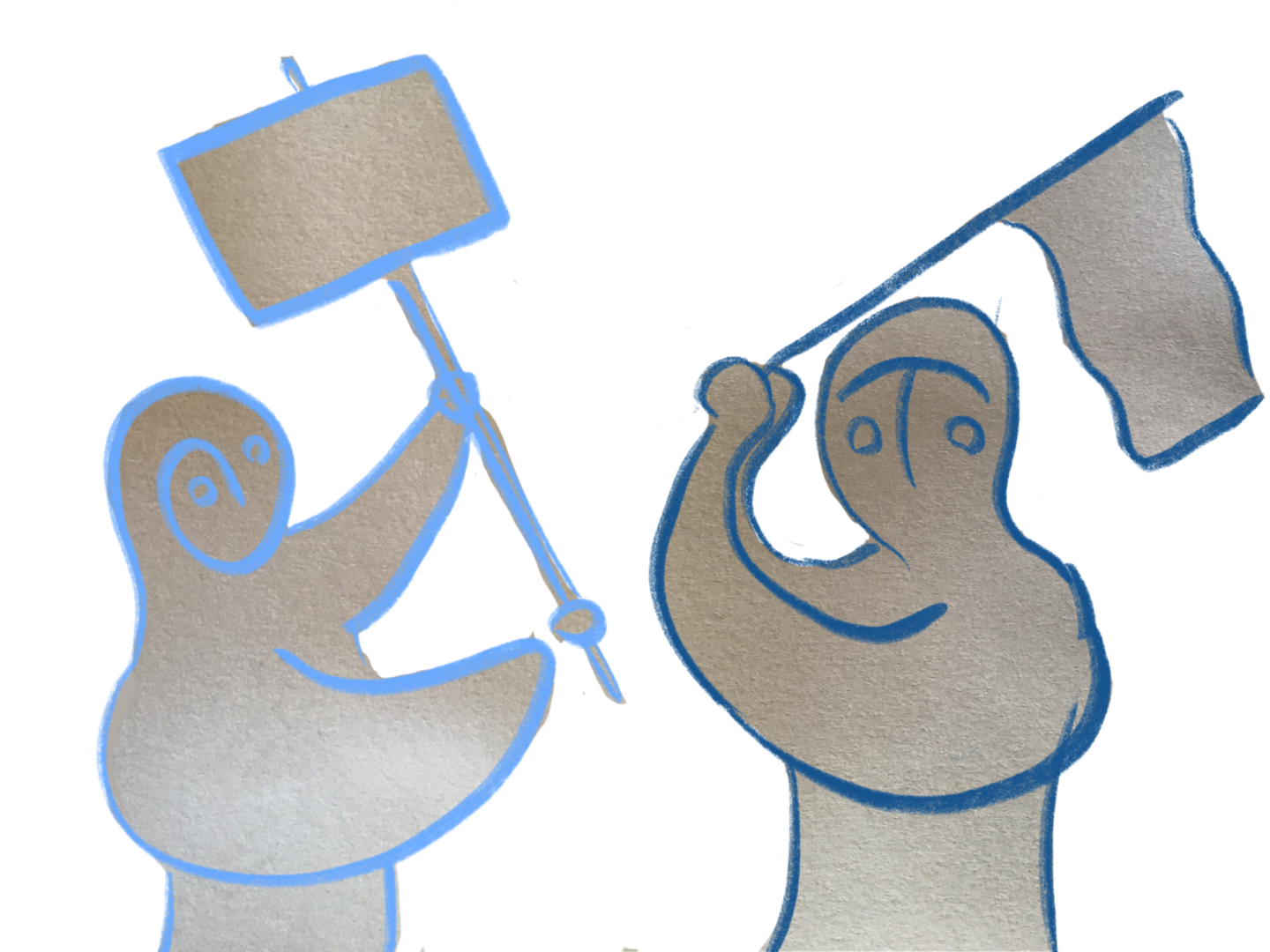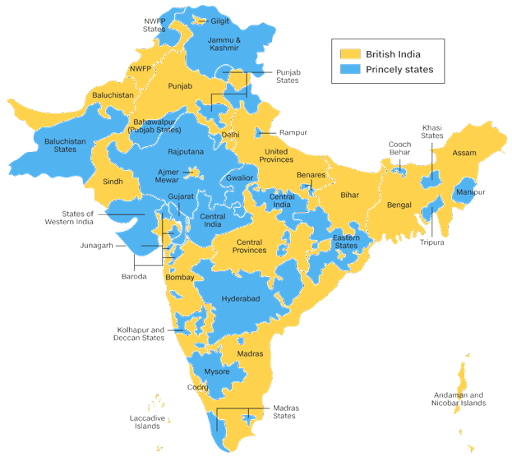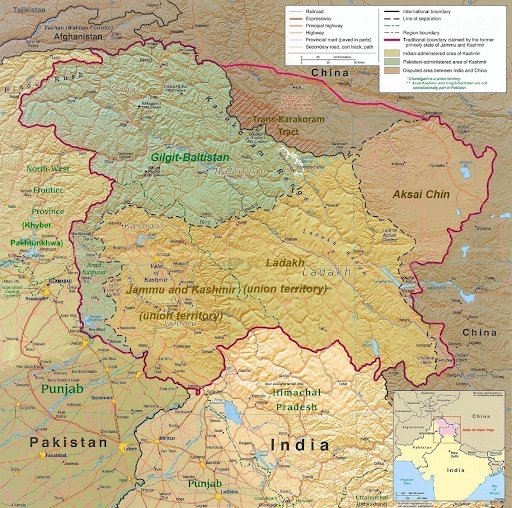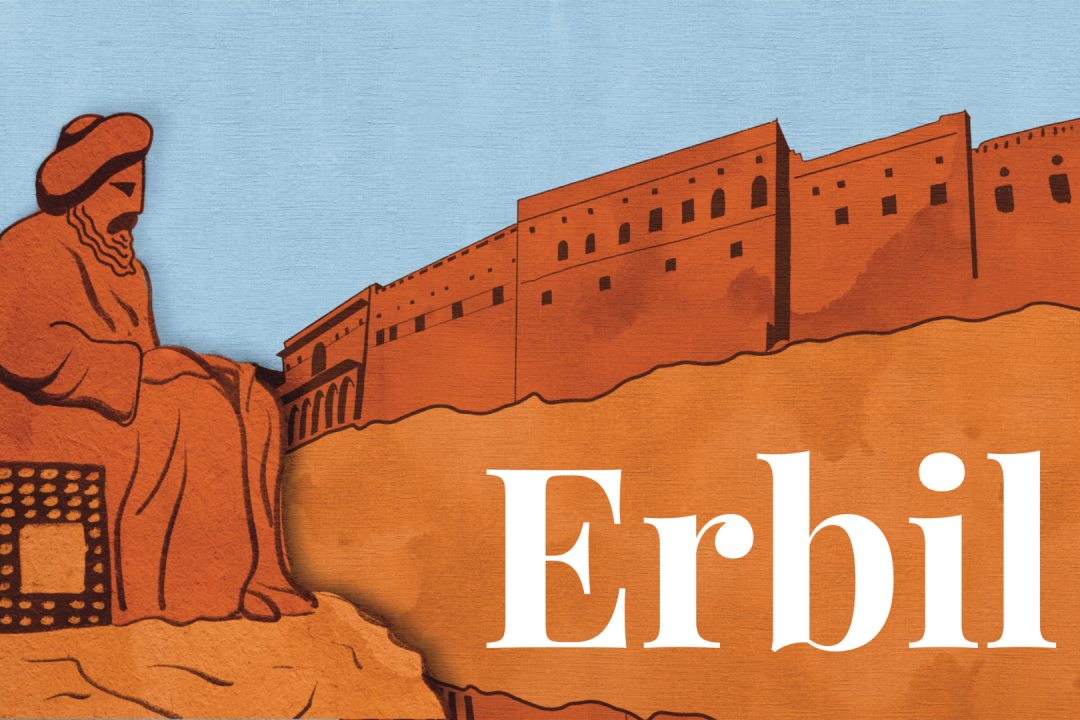
Understanding Kashmir
By: Neeraj Savio
The 13th-century poet, Amir Khusrau once famously recited this couplet about Kashmir – “If ever there is a Paradise on Earth, it is here! It is here! It is here!” Today, Kashmir is known more for the death and suffering that it and its inhabitants have borne. The antecedents for this protracted state of affairs lie in the partition of the Indian subcontinent.
The legacy of British withdrawal from India is the same as of their colonial rule over it - ‘Divide and Rule’. Having sown divisions on the basis of religion and caste as a matter of imperial policy, these divisions were too well-entrenched to die out with the end of colonial rule.
 In a final act of colonial negligence, the British once again demonstrated their propensity for bisecting lands on the basis of religion, without much regard for the countless other shared commonalities among the people they divided. Thus, were born India and Pakistan, the latter for the particular purpose of creating a country for Muslims . However, for the 565 ‘princely states’, kingdoms which were ostensibly independent, there were two choices, either join with India or Pakistan or remain independent. While most kingdoms chose to accede to either India or Pakistan based on their religion and contiguity, the princely state of Jammu & Kashmir (J&K) faced a particular dilemma, not unlike two others at the time. Not only was it contiguous to both India and Pakistan, its ruler, the Maharaja, was a Hindu whereas most of the population was Muslim. Faced with this difficult choice and the ramifications it might entail, the Maharaja chose to retain his independence. However, faced with a subsequent rebellion by his Muslim subjects and a supporting tribal invasion from Pakistan, the Maharaja turned to India for assistance in quelling the two only to be told that India could only intervene if the Maharaja acceded to it. So, it was on the 26th of October 1947 that after extracting promises of autonomy for his state within the Dominion of India the Maharaja acceded to India. The ensuing first Indo-Pak War of 1947-48 did not settle the question of Kashmir but rather ensured that there would be no easy solution to it. The war ended in a stalemate of sorts. While India succeeded in restoring order and staving off invasion, they merely managed to push the Pakistani troops moderately back. The subsequent ceasefire line effectively partitioned J&K into two – the slightly larger part held by India with the smaller ‘occupied’ by Pakistan. This line was later formalised as the Line of Control (LOC), albeit with minor modifications, through the Shimla Agreement following the Pakistani defeat in the 1971 Indo-Pak War, with both sides resolving to solve the Kashmir question bilaterally and peacefully. However, with both sides having a piece of the pie, neither is inclined towards giving theirs up.
In a final act of colonial negligence, the British once again demonstrated their propensity for bisecting lands on the basis of religion, without much regard for the countless other shared commonalities among the people they divided. Thus, were born India and Pakistan, the latter for the particular purpose of creating a country for Muslims . However, for the 565 ‘princely states’, kingdoms which were ostensibly independent, there were two choices, either join with India or Pakistan or remain independent. While most kingdoms chose to accede to either India or Pakistan based on their religion and contiguity, the princely state of Jammu & Kashmir (J&K) faced a particular dilemma, not unlike two others at the time. Not only was it contiguous to both India and Pakistan, its ruler, the Maharaja, was a Hindu whereas most of the population was Muslim. Faced with this difficult choice and the ramifications it might entail, the Maharaja chose to retain his independence. However, faced with a subsequent rebellion by his Muslim subjects and a supporting tribal invasion from Pakistan, the Maharaja turned to India for assistance in quelling the two only to be told that India could only intervene if the Maharaja acceded to it. So, it was on the 26th of October 1947 that after extracting promises of autonomy for his state within the Dominion of India the Maharaja acceded to India. The ensuing first Indo-Pak War of 1947-48 did not settle the question of Kashmir but rather ensured that there would be no easy solution to it. The war ended in a stalemate of sorts. While India succeeded in restoring order and staving off invasion, they merely managed to push the Pakistani troops moderately back. The subsequent ceasefire line effectively partitioned J&K into two – the slightly larger part held by India with the smaller ‘occupied’ by Pakistan. This line was later formalised as the Line of Control (LOC), albeit with minor modifications, through the Shimla Agreement following the Pakistani defeat in the 1971 Indo-Pak War, with both sides resolving to solve the Kashmir question bilaterally and peacefully. However, with both sides having a piece of the pie, neither is inclined towards giving theirs up.
Today Kashmir has seen four wars, an insurgency and a subsequent revamped militancy centred around it. Not much has changed over the years vis-à-vis the LOC or the Kashmir question between India and Pakistan. However, the people have continued to suffer. The porousness of the LOC has resulted in militants infiltrating into the Kashmir valley from Pakistan and wreaking havoc. In the early 1990s, this resulted in the exodus of the Kashmir Pundits, a minority Hindu group in the Kashmir valley who suffered horrific brutalities at the hands of the insurgents who demanded they either convert or leave. The recent spike in militancy in Indian-administered Kashmir with the Patankhot and Uri terror strikes also led to Indian forces conducting surgical strikes across the line of control.

While the occasional statement from a high office or two might seem to hold faintest promise of a peaceful resolution, the sheer number of terrorist attacks continue to spoil the possibility of a real, tangible peace for the region. The recent abrogation of Article 370 in 2019, which gave the Indian-administered J&K a uniquely autonomous status, did not do any wonders either. With all the uncertainty and wanton death in and around Kashmir, one thing is for certain - Amir Khusrau would not recognise the Kashmir that we know today. Nor should he.



